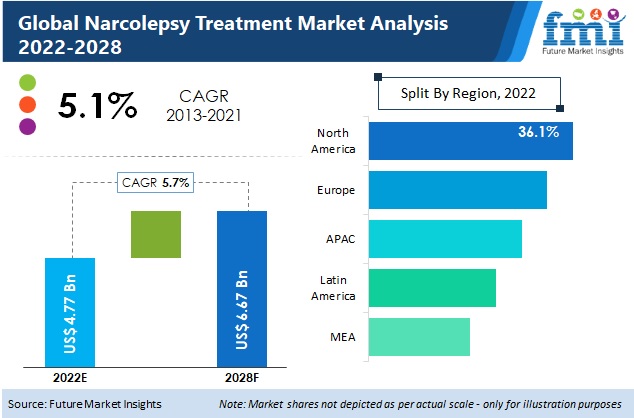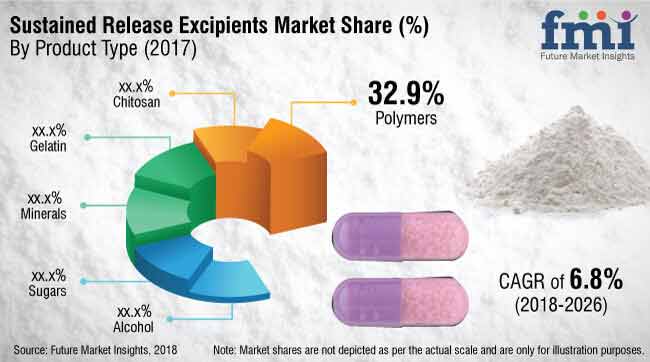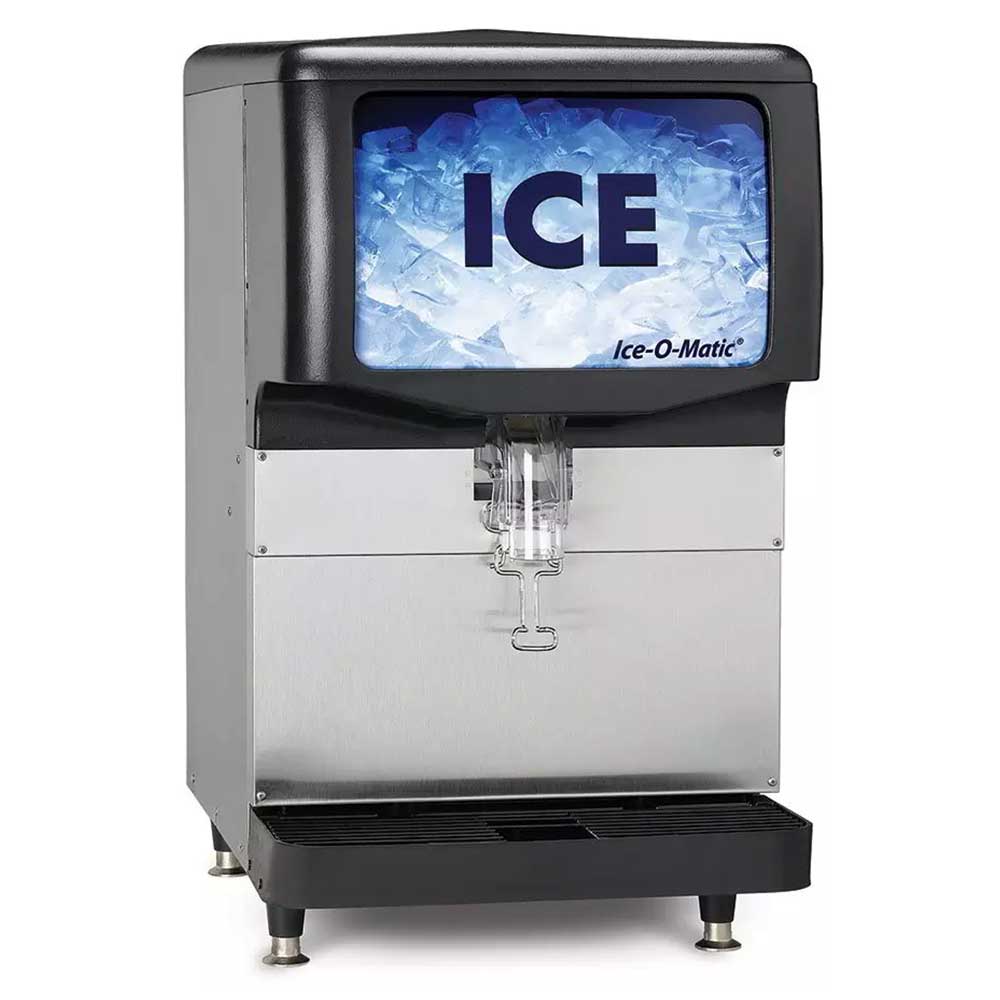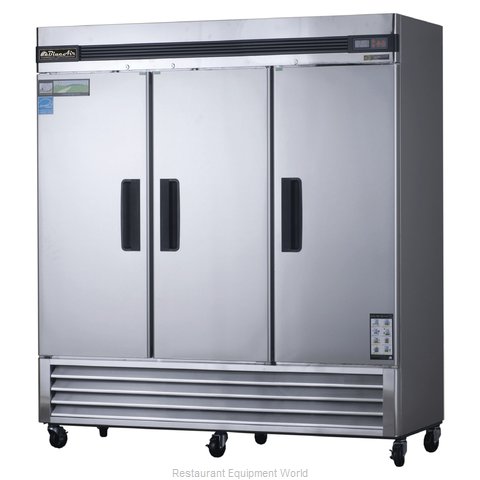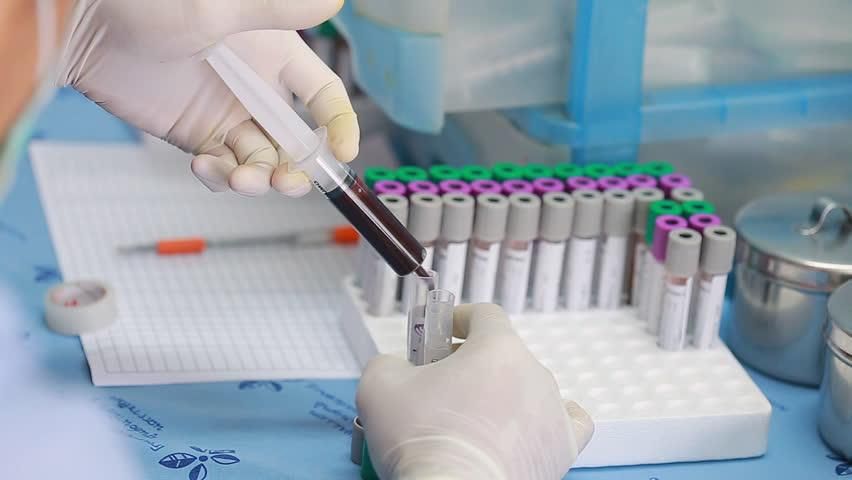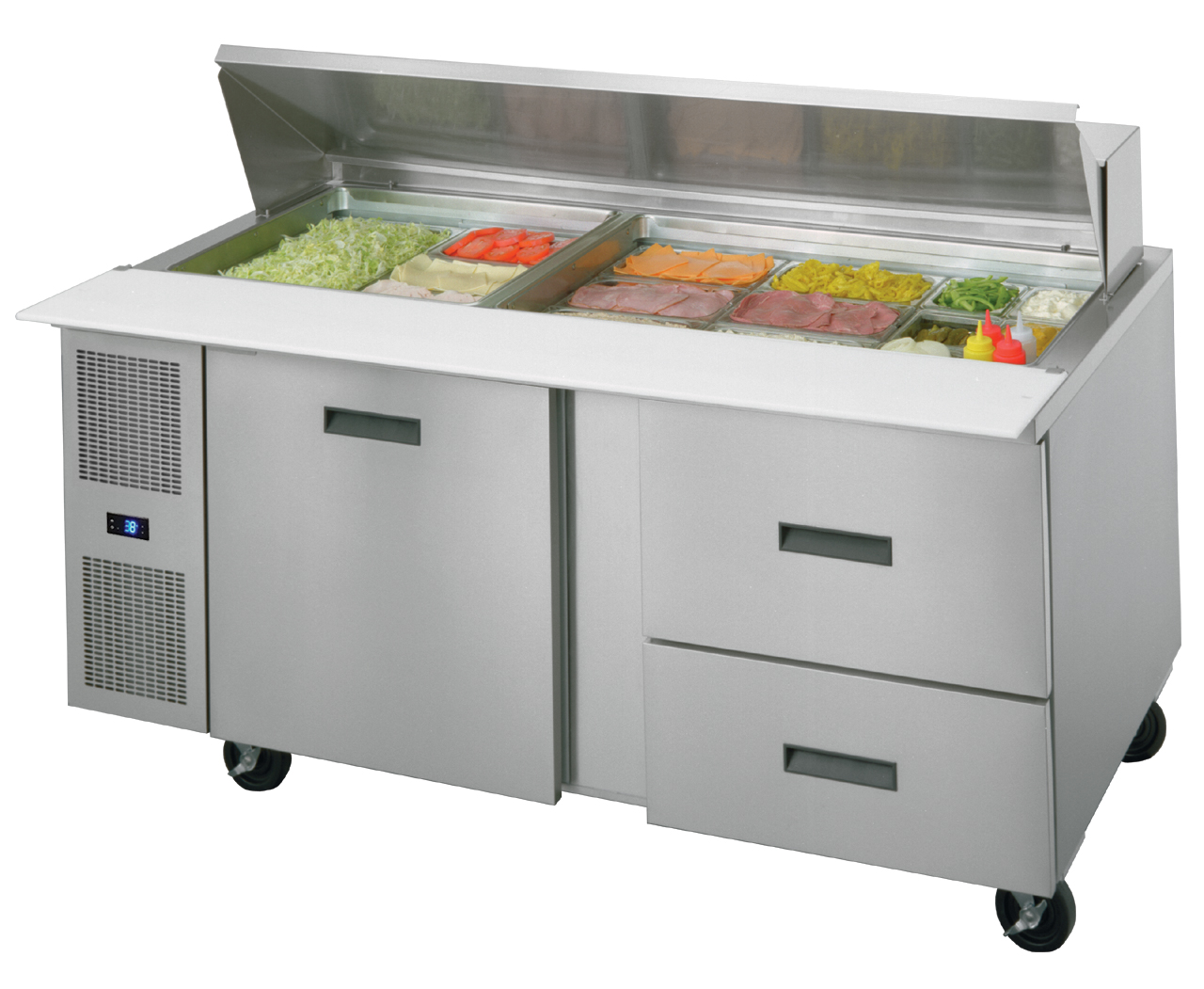The Global Narcolepsy Treatment Industry is on the cusp of a transformative journey, with an anticipated value of US$ 6.67 billion by the year 2028. Narcolepsy, a persistent neurological disorder characterized by overwhelming daytime drowsiness and sudden sleep episodes, is the focal point of this significant market growth.
This thriving market can be attributed to several key factors, including the escalating prevalence of narcolepsy, a heightened awareness of the condition among individuals and healthcare providers, and breakthroughs in diagnostic techniques. Treatment options for narcolepsy encompass stimulant medications, selective serotonin reuptake inhibitors (SSRIs), sodium oxybate, and lifestyle modifications. Moreover, continuous research and development endeavors geared towards pioneering therapeutic innovations are set to fuel the market’s expansion.
The narcolepsy treatment market is predicted to register a robust compound annual growth rate (CAGR) of 5.7 percent, culminating in a global revenue valuation of USD 6.67 billion from 2022 to 2028. This data emerges from a comprehensive market analysis by Future Market Insights (FMI), a leading authority in market intelligence.
One notable trend identified in the FMI report is the substantial demand for narcolepsy treatment within North America, underscoring the region’s receptiveness to advanced medical solutions. Europe, too, is expected to witness significant revenue growth, largely due to an increasing preference for prescription treatments and a commitment to long-term adherence among patients.
Get a Sample of this Research Report
https://www.futuremarketinsights.com/reports/sample/rep-gb-7641
Asia Pacific among other emerging economies including MEA and Latin America, on the other hand, is expected to showcase positive trends towards the adoption of narcolepsy treatment, due to:
- Strong distribution pipeline of narcolepsy drugs.
- Emerging global and local biopharmaceutical companies.
- Increasing incidences of Obstructive Sleep Apnea (OSA) in Latin America. Obesity is reported to be the most common risk factor.
- The prevalence of moderately severe sleep apnea is estimated to be around 5% in women and 10% in men in South Africa. It is estimated that up to 90% of patients are undiagnosed.
- The prevalence of sleep apnea is more severe in developing countries due to the lack of skilled physicians
In terms of key forward market strategies, the primary objective of manufacturers in the narcolepsy treatment industry is to expand their footprint in the various regional markets, to solidify their market position.
Key Findings from the Regional and Competitive Landscape Analysis of the Narcolepsy Treatment Industry
- Leading narcolepsy treatment manufacturers are prioritizing regional-specific product development. The product portfolio expansion is mostly targeted in Asia Pacific.
- Apart from new product development—mostly arising from the presence of low-cost generic versions of patented drugs, strategic partnerships and acquisitions with pave the way for further business expansions.
- Manufacturers in the global narcolepsy treatment are also focused on introducing new research and development units in different geographic regions.
- Industry leaders are focusing on maintaining long-term partnerships with pharmacies- in hospitals and retail, drug stores, and e-commerce. Sales through an e-commerce distribution channel are expected to contribute a significant revenue share in the global narcolepsy treatment industry.
- FMI has also noted an increasing focus on the reformulation of well-known products and combinations, by manufacturers in North America to achieve higher sales and wide penetration.
Discovering the assumptions behind the study. Ask from Market Research Expert
https://www.futuremarketinsights.com/ask-question/rep-gb-7641
There is a conscious shift from OTC medication to devices treating narcolepsy, driving significant revenue growth for the devices segment compared to drugs. Growing incidences of inappropriate medication and addiction, translating into severe side effects including headache, prolonged drowsiness, daytime memory and performance problems, allergic reactions, and death in some cases, is the key driving factor. These side effects are associated with OTC as well as prescription-based sleep aids.
Growing demand to treat narcolepsy with BiPAP is expected to push this segment of devices—predicted to expand at the highest CAGR. Moreover, devices in portable and available-for-rent formats will translate into higher adoption rates, throughout the forecast period. Portable Continuous positive airway pressure (CPAP) devices are lighter and smaller and can also be used as a home-based unit, further reducing the dependency on OTC pills and prescription drugs.
While explaining the growth trajectory of the narcolepsy treatment industry, a senior analyst from the healthcare domain underscores growing healthcare expenditure and rising incidence cases of fracture fixation and orthopedic disorders as key factors contributing to the demand for narcolepsy treatment through 2028. “Regulatory impositions by various global authorities including the FDA and European Commission along with currency fluctuations, regulations, and changing taxation policies are some high-impact factors pushing the global demand for narcolepsy treatment”, the analyst further explains.
Critical Market Restrainers
Although the narcolepsy market is expanding at a robust CAGR, long waiting times for sleep services, lack of awareness and delayed diagnosis, severe side effects of sleep aid medication, lack of proper documentation for the usage and licensing of sleeping pills, and improper equipment regulations are some critical factors projected to restrain the growth of narcolepsy treatment market.
Access Exclusive Market Insights – Purchase Now!
https://www.futuremarketinsights.com/checkout/7641
Key Market Segments Covered in Narcolepsy Treatment Industry Research By Product:
- Narcolepsy Treatment Drugs
- Modafinil
- Sodium Oxybate
- Armodafinil
- Others
- Devices
- CPAP Devices
- BiPAP Devices
- APAP Devices
By Distribution Channel:
- Hospital Pharmacies
- Retail Pharmacies
- e-commerce
- Drug Stores
- Others
Author
Sabyasachi Ghosh (Associate Vice President at Future Market Insights, Inc.) holds over 12 years of experience in the Healthcare, Medical Devices, and Pharmaceutical industries. His curious and analytical nature helped him shape his career as a researcher.
Identifying key challenges faced by clients and devising robust, hypothesis-based solutions to empower them with strategic decision-making capabilities come naturally to him. His primary expertise lies in areas such as Market Entry and Expansion Strategy, Feasibility Studies, Competitive Intelligence, and Strategic Transformation.
Holding a degree in Microbiology, Sabyasachi has authored numerous publications and has been cited in journals, including The Journal of mHealth, ITN Online, and Spinal Surgery News.
About Future Market Insights (FMI)
Future Market Insights, Inc. (ESOMAR certified, recipient of the Stevie Award, and a member of the Greater New York Chamber of Commerce) offers profound insights into the driving factors that are boosting demand in the market. FMI stands as the leading global provider of market intelligence, advisory services, consulting, and events for the Packaging, Food and Beverage, Consumer Technology, Healthcare, Industrial, and Chemicals markets. With a vast team of over 5,000 analysts worldwide, FMI provides global, regional, and local expertise on diverse domains and industry trends across more than 110 countries.
Contact Us:
Future Market Insights Inc.
Christiana Corporate, 200 Continental Drive,
Suite 401, Newark, Delaware – 19713, USA
T: +1-845-579-5705
For Sales Enquiries: sales@futuremarketinsights.com
Website: https://www.futuremarketinsights.com
LinkedIn| Twitter| Blogs | YouTube
